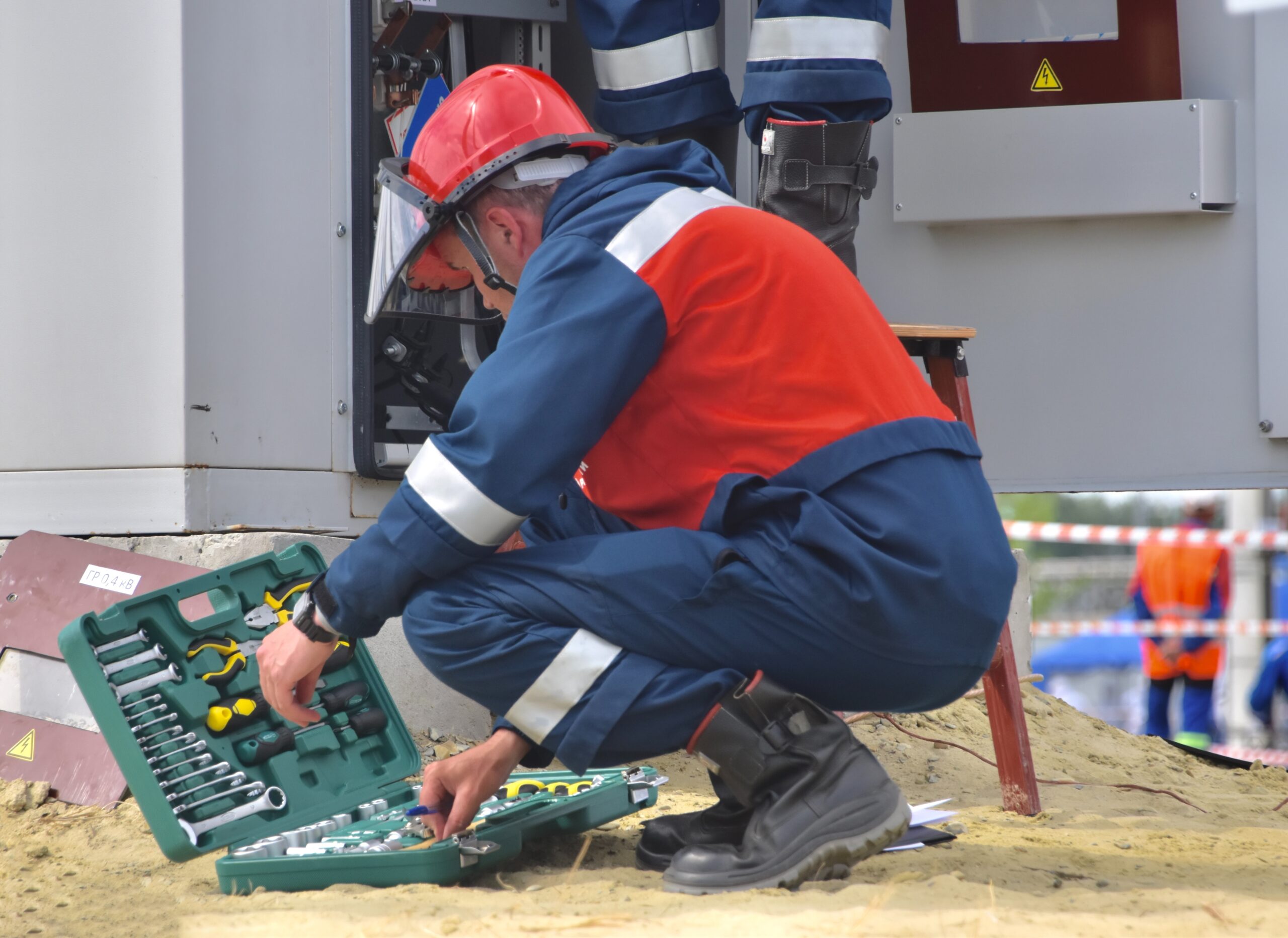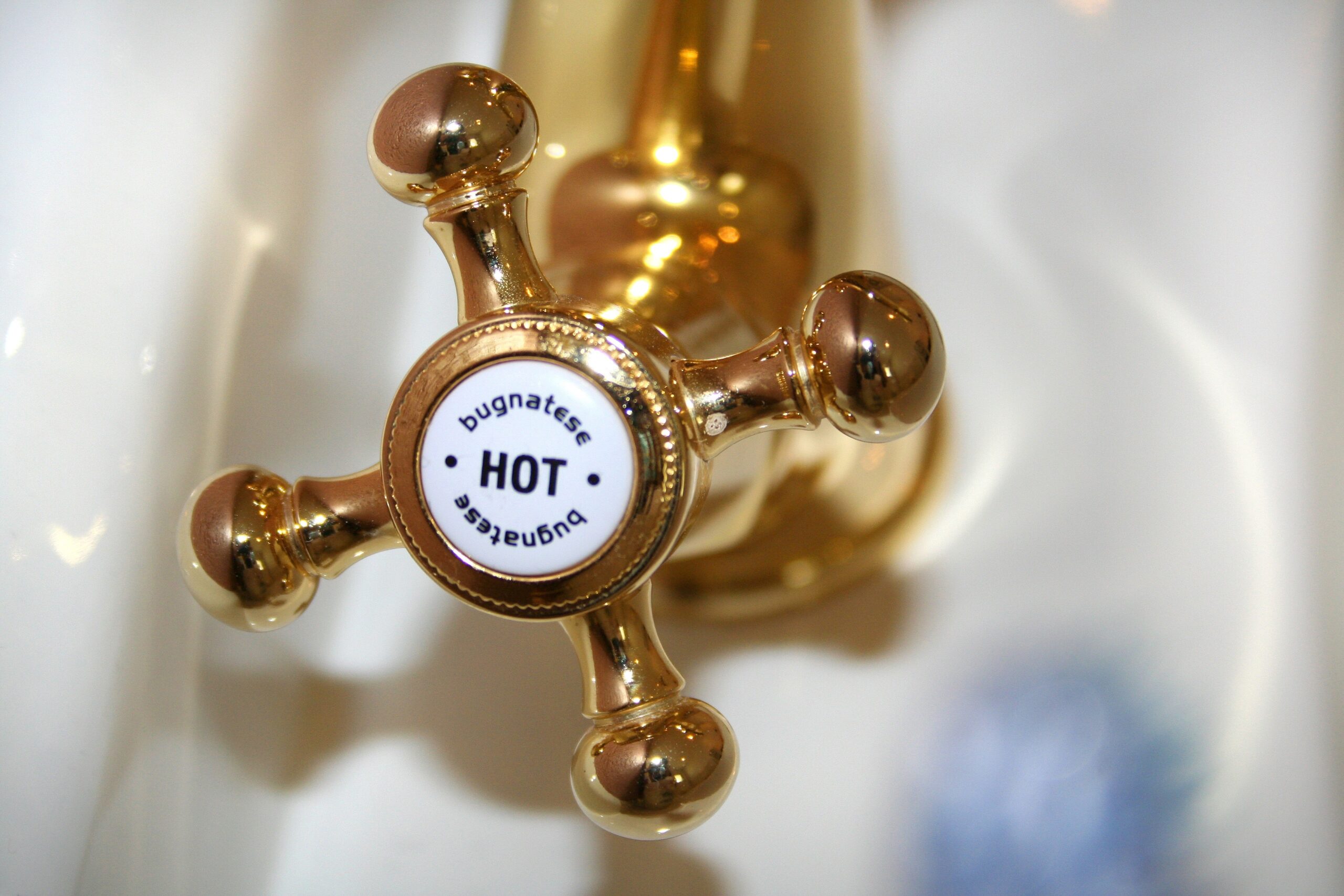Commercial electrical installation refers to the process of fitting electrical systems in non-residential properties and facilities.
The installations are tailored to meet your specific business needs, often requiring more complex setups and higher power demands than residential spaces.
Continue reading to discover how commercial electrical installations, which include M&E electrical lighting, machinery, HVAC systems and data centres, encompass a wide range of essential components across industries and ensure compliance with electrical regulations and standards.
Both residential and commercial electrical installations involve wiring, fixtures and safety considerations but there are significant differences between the two as commercial setups typically handle higher voltage and power loads.
The reason for this is often to support heavy duty equipment and machinery plus commercial installations often require more sophisticated designs.
Accommodating complex electrical systems such as three-phase power, specialised lighting controls and emergency backup systems are critical aspects of commercial electrical services.
Commercial Electrical Installation Regulations in the UK
Commercial electrical installations in the UK are subject to stringent regulations that ensure safety and compliance. The primary regulatory framework governing these installations is the Electricity at Work Regulations 1989.
This framework mandates that electrical systems in commercial premises must be designed, installed and maintained to prevent danger.
Businesses must also adhere to British Standards (BS 7671) for electrical installations, commonly known as the Wiring Regulations. This provides guidelines for electrical safety and performance of systems thereby helping to lower the risks of electrical incidents.
Aspects to Consider for Commercial Electrical Installation Setups
Several critical factors that must be considered when planning a commercial electrical installation involve the following:
- Safety Measures: The implementation of safety features such as circuit breakers, surge protection and emergency lighting help to safeguard assets and shareholders.
- Compliance: Ensuring electrical compliance with relevant regulations and standards in your industry and country ensures occupant safety whilst protecting you from legal issues
- Power Requirements: Assessing the power demands of your business is crucial for determining the appropriate capacity and distribution of electrical circuits. This step is essential for achieving optimal performance levels and minimising the risk of costly breakdowns caused by things like power surges.
- Energy Efficiency: Incorporating energy efficient equipment and lighting systems helps to reduce operational costs and environmental impact saving you money and protecting the environment.
Tips for Hiring the Correct Mechanical and Electrical Contractors
Choosing the right mechanical electrical contractor is crucial for the success of any commercial electrical installation project. Here are some tips to help you make the right choice:
- Expertise: When hiring a M&E contractor for your electrical installation be sure to look out for contractors with a proven track record in commercial electrical installations.
- Reviews: Read reviews and where possible check their references to gauge the contractor’s reliability and service quality.
- Compliance and Licensing: Verify that the contractor holds the necessary commercial electrical certificate licences and insurance coverage to operate legally and safely.
- Communication Skills: Hiring a team who prioritises communication allows you to clearly understand and align expectations throughout the project to avoid delays and misunderstandings.
Commercial electrical installation is a complex undertaking that requires adherence to regulations, careful planning and the expertise of qualified professionals.
Opting to outsource for commercial electrical services allows businesses to ensure the reliability, safety and efficiency of their electrical systems. This ultimately contributes to their success and productivity whilst freeing up time to focus on other tasks within the organisation.
Frequently Asked Questions
What Industries Require Commercial Electrical Installations?
Common facilities that require commercial electrical installations include but are not limited to:
How Often Should Commercial Electrical Installations Undergo Maintenance?
Regular maintenance of commercial electrical installations should be carried out at least annually to ensure the safety and optimal performance of systems.
However, the exact frequency of commercial electrical maintenance depends on factors such as the age of the system, equipment type and the specific requirements of your business.
Consult a professional to find out the typical schedule that you should use to keep them in working order.
What Role Do Emergency Backup Systems Play in Commercial Electrical Installations?
Emergency backup systems such as uninterruptible power supplies (UPS) and backup generators provide backup power in the event of electrical failure or a power outage. Essential systems for ensuring continuity of your operations and preventing data loss particularly for businesses that rely on a continuous power supply.
What Are the Benefits of Hiring Professional Electrical Contractors for Commercial Installations?
Electrical contractors like Kiasu Workforce provide a team of experts who have experience and the necessary equipment to ensure that commercial installations are completed efficiently, safely and maintain compliance with regulations.
They also provide ongoing maintenance and support to keep your electrical systems running at optimal performance levels.
Kiasu Workforce Service Locations
- North London
- South London
- West London
- East London
- Central London
- Greater London
- Kent
- Essex
- Surrey
- Sussex
- Hampshire
- Berkshire
- Buckinghamshire
- Hertfordshire
- Milton Keynes
- Brighton




